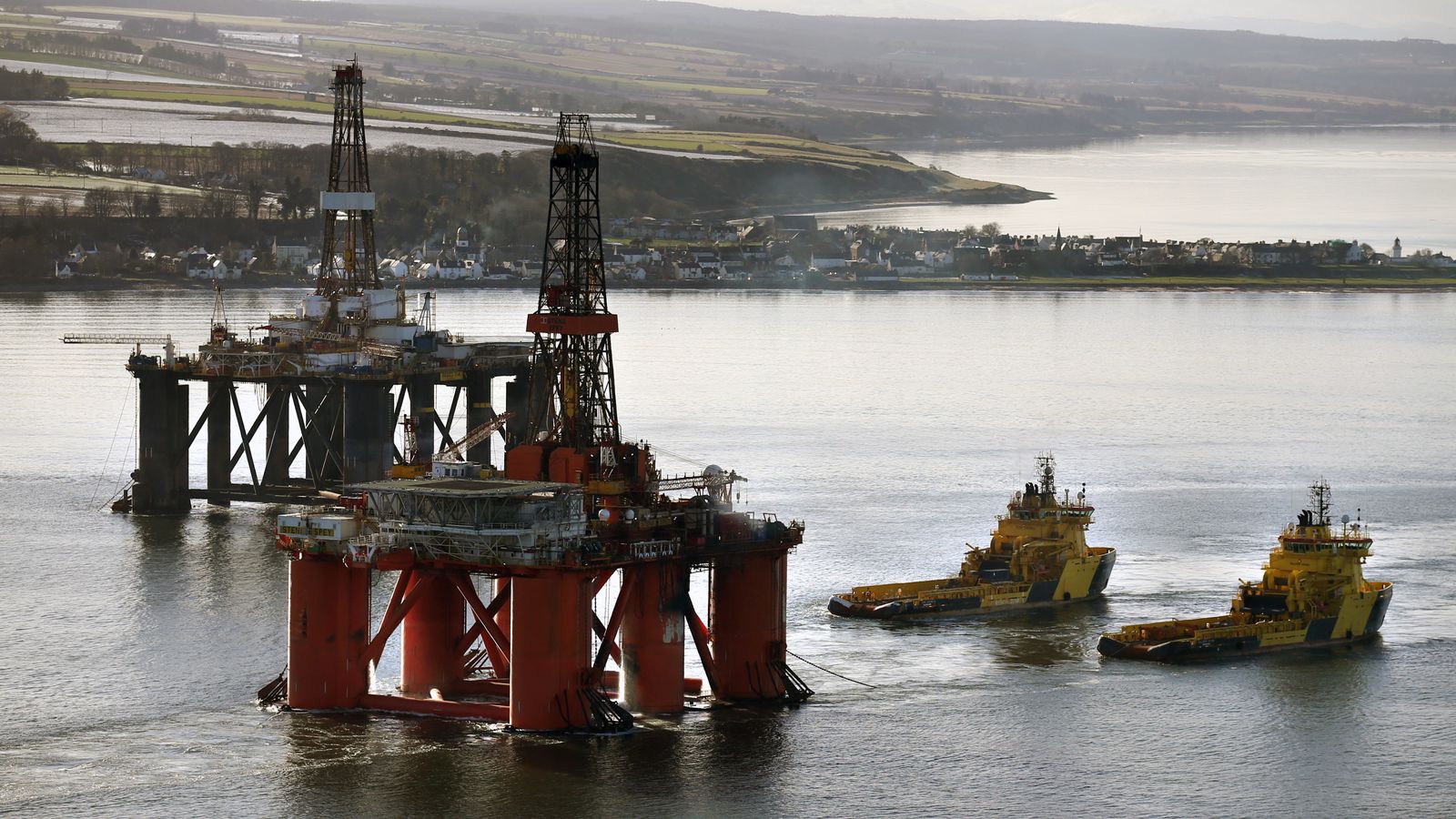An aerial picture taken on September 28, 2024, shows storm damage in the aftermath of Hurricane Helene in Valdosta, Georgia.
John Falchetto | Afp | Getty Images
The devastation wrought by Hurricane Helene across the southeastern United States could cost upwards of $34 billion, according to early estimates from Moody’s Analytics.
And due to the eroded state of the private insurance landscape in some affected areas, Congress may have to foot the bulk of the bill.
“I wouldn’t be surprised if [Helene] sends another monkey wrench into the insurance market,” Moody’s chief economist Mark Zandi told CNBC.
Uprooted trees, winds of 140 miles per hour winds and mass flooding ravaged towns and cities in Florida, Georgia, North Carolina, South Carolina, Virginia and Tennessee over the past week.
As of Thursday, the storm had killed more than 200 people and left hundreds more missing. Nearly 1 million people remained without power.
Teams work on the damaged areas after hurricane Helene hits the Asheville along with the western part of North-Carolina in Asheville, United States on September 30, 2024.
Peter Zay | Anadolu | Getty Images
The Moody’s report, released as Helene was making landfall last week, estimated that property damage could cost between $15 billion to $26 billion.
And the resulting economic slowdown could cost $5 billion to $8 billion in productivity losses.
These initial estimates are low and will likely be revised higher as the full scope of the storm’s damage comes into view, Zandi told CNBC.
Most of the damage from Helene is attributable to storm surges and river flooding.
That means flood insurance, not standard property insurance, is supposed to cover the damage, according to Mark Friedlander, spokesman for the Insurance Information Institute.
That is a problem, Friedlander said, because “many of the hardest-hit areas of the Southeast and southern Appalachia have very low flood insurance take-up rates.”
A house along the Broad River in the aftermath of Hurricane Helene on October 1, 2024 in Bat Cave, North Carolina.
Sean Rayford | Getty Images
Only about 6% of U.S. homeowners have flood insurance through either a private company or the congressionally funded National Flood Insurance Program, despite 90% of natural disasters involving flooding, he said.
The Federal Emergency Management Agency, which in the past year has operated on a tight budget, has been coordinating the recovery response to Helene.
On Aug. 7, FEMA triggered its “Immediate Needs Funding” status as money ran low in its Disaster Relief Fund.
That meant the agency would only spend on immediate disasters and paused its longer-term rebuilding efforts across the country.
On Tuesday, FEMA got a much-needed $20 billion cash infusion after Congress’ stopgap funding bill went into effect.
But as government officials assess the full scale of Helene’s damage, they are expressing an increasing need for Congress to pass a supplemental disaster relief funding package, which was stripped out of its temporary spending resolution.
That could take some time as Congress is on recess until Nov. 12.
President Joe Biden said Monday he “may have to request” that Congress end its recess early and return to Washington, a rare move, to pass funding for additional disaster relief.
US President Joe Biden (2R) participates in a tour and briefing of an area affected by Hurricane Helene in Keaton Beach, Florida, on October 3, 2024.
Mandel Ngan | AFP | Getty Images
Several lawmakers from the impacted states, including Rep. Wiley Nickel, D-N.C., echoed that call later Monday, urging their colleagues to return to Capitol Hill to vote for that funding.
Florida Republican Sen. Rick Scott agreed, but said Congress should return after FEMA gives firm dollar amount for what is needed.
Rep. Mark Amodei, R-Nev., told CNBC he does not believe Congress needs to end its recess early because FEMA is still assessing its initial funding request.
“We can deal with it when you have a number,” Amodei said. “Right now, are you shooting at a moving target? Actually, you’re shooting at an unknown target.”
“I’m not looking forward to what that number is going to be when FEMA does their assessment, because it’s going to be a huge number,” Amodei added.
In the meantime, other federal leaders are working to pitch in where they can.
Federal Reserve Chair Jerome Powell said Monday that the central bank is working to ensure that banks in the impacted areas have enough cash “so that if power is out for a significant amount of time, there’s enough cash to do transactions.”
“Obviously, we’re mainly on the sidelines,” Powell said at a panel with the National Association of Business Economics. “Sympathizing with this very difficult situation people are in.”









